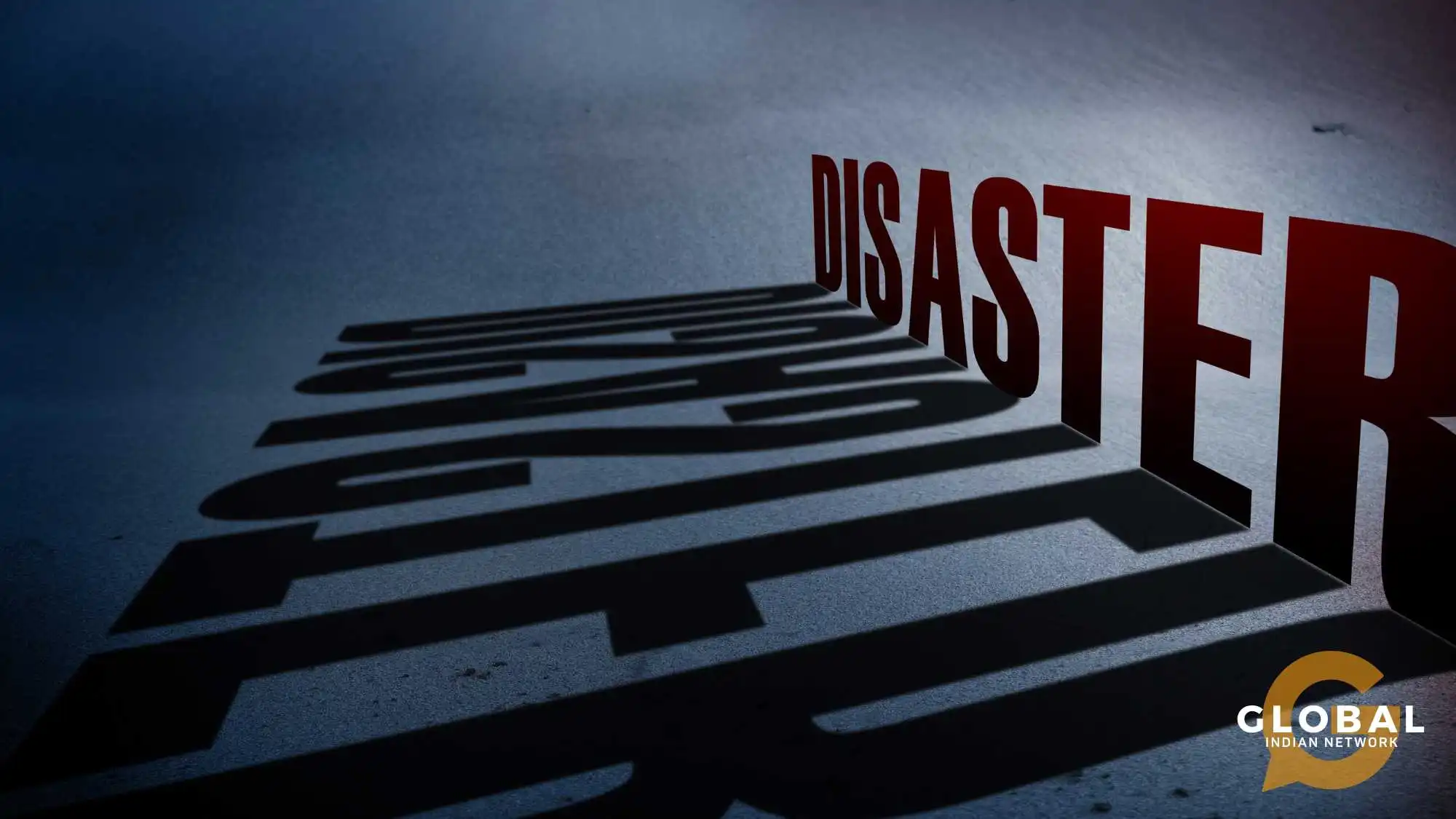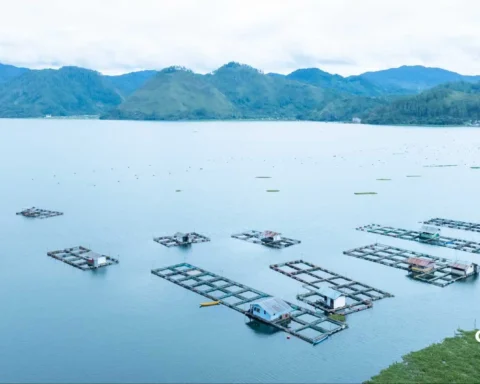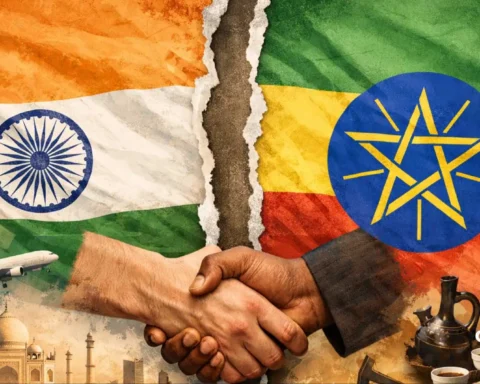Natural disasters such as hurricanes, earthquakes, and floods can strike unexpectedly, leaving communities devastated and in desperate need of assistance. Effective disaster response teams are crucial in mitigating the impacts of these events and ensuring the swift recovery of affected areas. Empowering disaster management crews for effective response involves a comprehensive approach that includes advanced training, using technology, community engagement, and addressing mental health needs. This blog explores various strategies to ensure crews are well prepared to tackle any emergency and answers, “How can we empower the disaster management crews?”
Table of Contents
What is a Disaster Management Crew?
A Disaster Management Crew is a specialized team composed of trained professionals and volunteers dedicated to handling emergencies caused by natural or man-made disasters. These crews are equipped to manage a wide range of responsibilities crucial for effective disaster response. Their primary duties include emergency response, where they swiftly address immediate threats and hazards; relief efforts, such as providing medical aid and basic necessities; and recovery operations, which involve restoring normalcy and rebuilding affected areas.
The crew’s roles extend beyond just immediate actions; they are integral to search and rescue missions, locating and assisting individuals trapped or injured by the disaster. They also offer medical aid, including first aid and advanced medical treatments, to ensure that affected individuals receive necessary care. Additionally, they coordinate the provision of essential services, such as temporary shelter, food, and clean water, which are vital for sustaining affected populations during and after the disaster.
As natural and man-made disasters continue to increase, it becomes crucial to answer the question, “How can we empower the disaster management crew?”

How Can We Empower the Disaster Management Crew?
Advanced Training and Education
Advanced training and continuous education are foundational to empowering disaster management crews. To effectively respond to natural hazards, disaster responders must be equipped with the latest knowledge as well as technical and non-technical skills. Training programs should cover a wide range of scenarios, from common natural disasters like floods and hurricanes to less frequent events such as tsunamis and volcanic eruptions.
Simulation exercises are particularly valuable, as they provide crews with hands-on experience in a controlled environment. These exercises help disaster responders understand their roles and responsibilities, improve coordination skills, increase situation awareness, efficiently use human resources, determine the allocation of resources and identify potential areas for improvement. As new research and technologies emerge, disaster management teams must stay updated with the latest advancements in disaster medicine competence. Workshops, seminars, and online courses can facilitate this ongoing education, ensuring an answer to the question, “How can we empower the disaster management crew?”
Using Technology for Enhanced Response
In the digital age, technology plays a pivotal role in disaster management. Advanced tools and systems can significantly enhance the situational awareness of disaster response teams, allowing them to make informed decisions quickly. Geographic information systems provide real-time data on disaster-affected areas, helping teams assess the situation accurately and allocate resources efficiently. Drones offer aerial surveillance, providing a comprehensive view of the disaster zone and aiding search and rescue operations.
Effective communication is critical during disaster response. Reliable communication systems ensure that all team members remain connected, facilitating the rapid sharing of vital information. Mobile apps designed for disaster management can provide real-time updates, maps, and essential service information directly to the crews’ devices. These technological advancements not only improve the efficiency and coordination skills of disaster response teams but also enhance their ability to save lives and reduce damage. This allows us to mitigate future impacts and further answers the question, “How can we empower the disaster management crew?”
Community Engagement
Community engagement is a crucial aspect of empowering disaster management crews. A well-prepared community can significantly ease the burden on disaster responders. Public education campaigns can raise awareness about the importance of disaster preparedness, teaching individuals and families how to create emergency plans, ensure community safety, assemble disaster kits, and stay informed during a crisis.
Community-based training programs can further enhance preparedness. By training volunteers in basic disaster response, disaster medical competence, non-technical skills and situational awareness, communities can establish a network of individuals ready to assist professional crews during emergencies. This approach not only increases the available human resources but also fosters a sense of collective responsibility and resilience. Community engagement thereby forms a differing yet brilliant approach to answering the question, “How can we empower the disaster management crew?”
Interagency Collaboration and Coordination
Effective disaster response often involves multiple agencies and organizations, each with unique expertise and resources. Interagency collaboration and coordination are essential for a successful response. Establishing clear communication channels and protocols can prevent misunderstandings and ensure that all teams work towards a common goal, such as answering the question- “How can we empower the disaster management crew?”
Joint training exercises can build rapport and understanding between different agencies, improving coordination during actual disaster events. These exercises should focus on scenarios requiring interagency cooperation, allowing teams to practice working together and identify areas for improvement. Regular meetings and debriefs can facilitate better collaboration, providing opportunities for agencies to share insights, discuss challenges, and develop strategies for more effective cooperation.
Mental Health Support for Disaster Responders
The nature of disaster response work can take a significant toll on the mental health of crew members. Continuous exposure to traumatic situations, long hours, and high-stress environments can lead to burnout, anxiety, and other negative disaster behavioral mental health issues. Providing mental health support is, therefore, a crucial aspect of answering the question, “How can we empower the disaster management crew?”
Psychological first-aid training can equip team leaders and members with the skills to support each other during and after a crisis. Access to professional mental health services, such as counselling and therapy, should be made available to all crew members. Encouraging a culture of openness where team members feel comfortable discussing their mental health can also make a significant difference. Regular debriefing sessions after a disaster response can help crew members process their experiences, share their feelings, and support one another.

Financial and Logistical Support
Adequate financial and logistical support is also essential for empowering disaster management crews. Ensuring that teams have access to the necessary funding allows them to acquire the best equipment, technology, and training resources. This support should be proactive, with budget allocations made well in advance of potential disasters.
Logistical support includes ensuring that crews have the necessary supplies and equipment to respond effectively, as well as the required infrastructure. This can range from necessities like food and water to specialized equipment for search and rescue operations. Establishing efficient supply chains and maintaining stockpiles of essential items can prevent delays and shortages during a disaster response. Moreover, addressing antiquated drainage infrastructure and enhancing hazard warning communications can significantly improve response efficiency.
Building Strong Leadership
Strong and effective leadership is vital in answering the question, “How can we empower the disaster management crew?” Leaders should possess not only technical expertise but also the ability to inspire and motivate their teams. Leadership training programs can help develop these skills, focusing on areas such as decision-making, communication, and team building.
Empowering leaders to make critical decisions during a disaster response is also essential. Trusting and supporting leadership ensures that decisions can be made swiftly and confidently, which is essential in emergencies and increases coordination skills. Providing leaders with the necessary resources and authority to implement their strategies can further enhance the effectiveness of disaster management crews.
Incorporating Feedback and Continuous Improvement
Incorporating feedback from both crew members and the communities they serve ensures that the response strategies are practical and effective. This iterative process of learning and improvement helps build a more resilient and capable disaster management team over time.
Continuous improvement is a key component of empowering disaster management crews. After-action reviews and debriefing sessions provide opportunities to assess the effectiveness of the response, identify strengths and weaknesses, and develop strategies for improvement. Encouraging an environment where feedback is valued and acted upon can significantly enhance disaster response capabilities, answering the question, “How can we empower the disaster management crew?”
ALS READ: A List of Environmental Disasters and Solutions|Can We Prevent Them?
Conclusion
To conclude, empowering disaster management crews has become crucial in a world of ever-increasing conflict and natural disasters. These crews offer critical services in mitigating climate change impacts and man-made disasters. Therefore, it becomes important to answer the question, “How can we empower the disaster management crew?”
To effectively answer “How can we empower the disaster management crew?” a holistic approach that includes comprehensive training, technology utilization, community engagement, interagency collaboration, mental health support, financial and logistical backing, robust frameworks, strong leadership, and continuous improvement must be incorporated.

FAQs
How Can We Manage Disaster Management?
Disaster management can be managed through comprehensive planning, including risk assessment, emergency preparedness, and effective response strategies. Coordination among various agencies, continuous training, and leveraging technology are also essential for effective disaster management.
What is the Role of the Disaster Management Team?
The Disaster Management Team is responsible for coordinating emergency response, providing relief, and overseeing recovery efforts during and after disasters. They handle tasks such as search and rescue, medical aid, and ensuring the provision of essential services. As disasters become commonplace, it becomes critical to answer the question, “How can we empower the disaster management crew?”
What is the Main Purpose of Disaster Management?
The main purpose of disaster management is to reduce the impact of natural and man-made disasters by protecting lives, minimizing damage, and facilitating quick recovery and rebuilding efforts. It aims to enhance community resilience and preparedness for future events.









